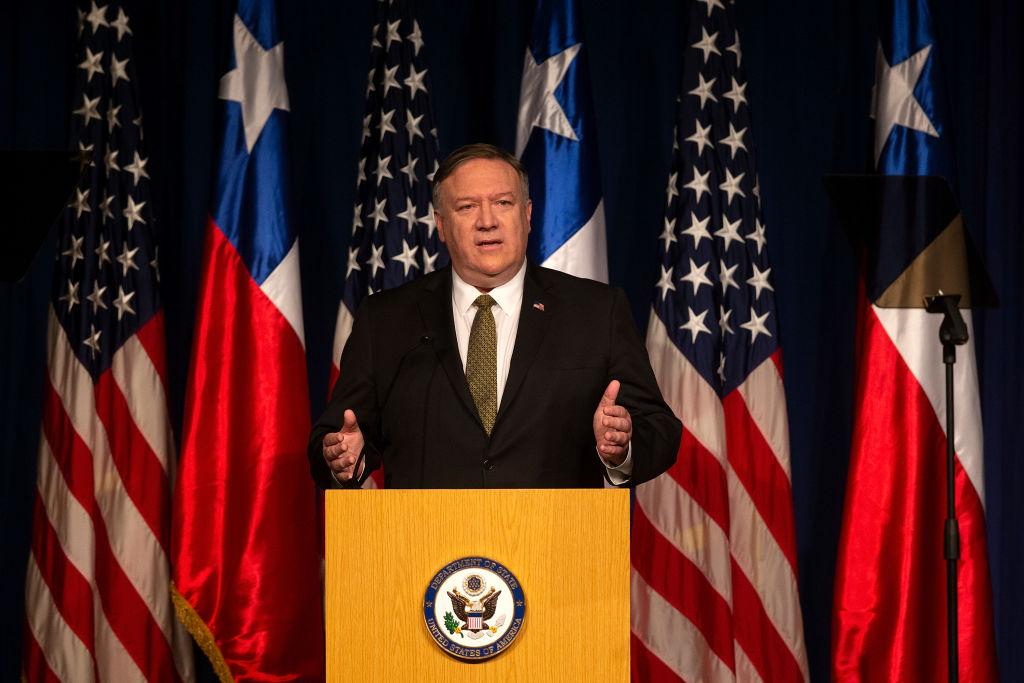At a recent stop in Chile during his South American tour, U.S. Secretary of State Mike Pompeo warned of China’s influence in the continuing crisis in Venezuela.
“China’s bankrolling of the Maduro regime helped precipitate and prolong the crisis in that country. China invested over $60 billion–$60 billion–with no strings attached,” Pompeo said in an April 12 speech. This figure is often cited as the amount of loans and business deals that China has signed with Venezuela since the turn of the century.





